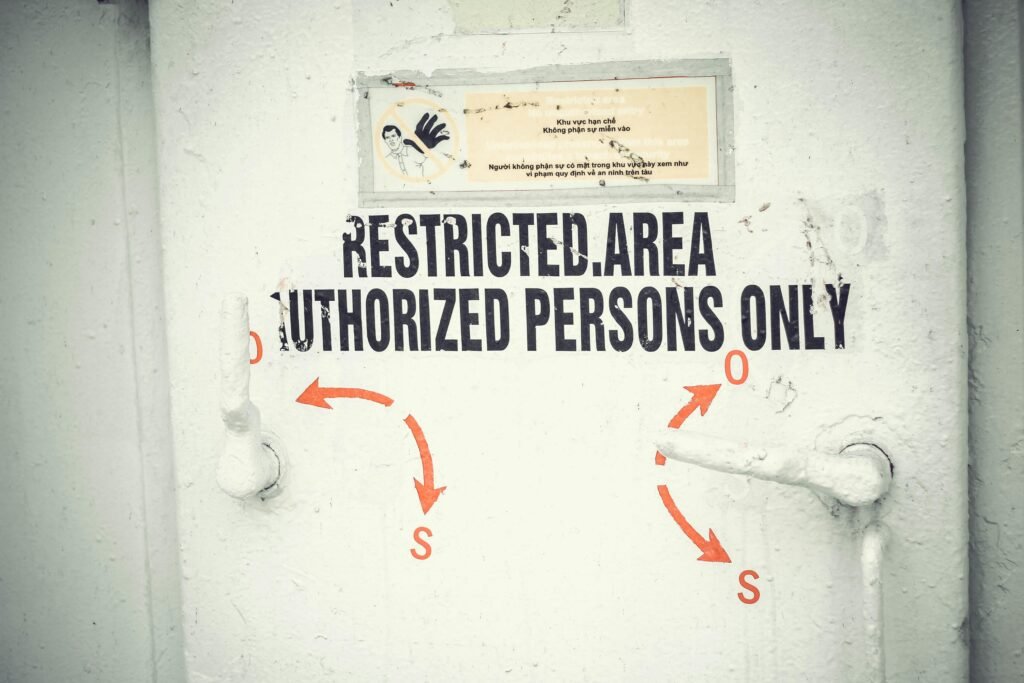When browsing the web, you’ve likely noticed that some websites start with http:// while others begin with https://. This small letter “s” represents a powerful layer of security—and that security comes from something called an SSL certificate. But what exactly is SSL, how does it work, and why is it critical for businesses and websites in 2025?
In this article, we explore the purpose and mechanics of SSL certificates, the difference between HTTP and HTTPS, and why adopting SSL is no longer optional in today’s digital landscape.
What Is SSL Certificate?
SSL stands for Secure Sockets Layer, a standard security protocol for establishing encrypted links between a web server and a browser. This technology ensures that all data transmitted between the server and browser remains private and integral.
Although SSL has largely been succeeded by TLS (Transport Layer Security), the term “SSL” is still widely used to describe digital certificates that enable HTTPS.
An SSL certificate is a digital certificate that authenticates a website’s identity and enables an encrypted connection. It is issued by a Certificate Authority (CA) and is a critical part of internet security.
What Does SSL Certificate Do?
SSL certificates serve multiple functions:
- Encryption: It encrypts data so it can’t be read by unauthorized parties.
- Authentication: It verifies that the website belongs to the business or individual claiming it.
- Data Integrity: It ensures that the data sent between parties is not altered.
- Trust: It signals to users that the website is secure.
Websites with SSL certificates show a padlock icon in the address bar and use https:// in their URL.
HTTP vs. HTTPS: What’s the Difference?
Let’s compare the two protocols side by side:
| Feature | HTTP | HTTPS |
|---|---|---|
| Protocol | Hypertext Transfer Protocol | Hypertext Transfer Protocol Secure |
| Port | 80 | 443 |
| Security | No encryption | Encrypted using SSL/TLS |
| Data Protection | Data sent as plain text | Data is encrypted and secure |
| URL Prefix | http://example.com | https://example.com |
| Browser Padlock Icon | ❌ Not shown | ✅ Padlock indicates a secure connection |
| SEO Ranking | Lower ranking potential | Boosted ranking in Google |
| User Trust | Users may feel insecure | Users trust and are more likely to stay |
Why You Should Use an SSL Certificate
1. Protect User Data
SSL encrypts sensitive information such as login credentials, credit card numbers, and personal details. Without encryption, this data can be intercepted by hackers.
2. Boost SEO Rankings
Google has confirmed that HTTPS is a ranking signal. Secure sites may gain a competitive edge in search engine results compared to unsecured ones.
3. Build Customer Trust
Modern consumers are wary of unsecured websites. A padlock and HTTPS signal credibility, while browsers now show warnings for HTTP sites, which can drive users away.
4. Enable Online Payments
If your site processes payments, PCI compliance requires that your website uses SSL encryption. This is mandatory for any e-commerce business.
5. Prevent Phishing and Data Tampering
SSL helps prevent man-in-the-middle (MITM) attacks and ensures that the data reaches the correct server without being tampered with.

Types of SSL Certificates
There are several types of SSL certificates, depending on the level of validation and number of domains you want to secure:
| Type | Validation Level | Ideal For |
|---|---|---|
| Domain Validation (DV) | Basic domain verification | Personal sites, blogs |
| Organization Validation (OV) | Business identity verified | Business websites, portals |
| Extended Validation (EV) | Rigorous background check | E-commerce, financial institutions |
| Wildcard SSL | Covers all subdomains | Sites with multiple subdomains |
| Multi-Domain SSL (SAN) | Covers multiple domains | Enterprises, SaaS providers |
Do All Websites Need SSL in 2025?
Yes—without exception. In 2025, web browsers like Chrome, Firefox, and Safari warn users about HTTP pages, marking them as “Not Secure.”
This warning can severely affect:
- Bounce rate
- User trust
- Conversion rates
Moreover, as more users become privacy-conscious, SSL adoption is now expected, not optional.

What Happens If You Don’t Use SSL?
Here are the risks:
- Visitors may leave your site immediately upon seeing a “Not Secure” warning.
- Your site may be penalized in search rankings.
- You may lose customer trust and damage your brand.
- Your data and user information are exposed to cybercriminals.
How to Get an SSL Certificate
You can obtain an SSL certificate in several ways:
- From Hosting Providers: Many offer free SSL through services like Let’s Encrypt.
- Buy from a CA: For advanced needs, purchase directly from trusted Certificate Authorities like DigiCert or GlobalSign.
- Use Professional Help: If your website is part of a business, it’s smart to have your SSL set up by professionals.
If you’re unsure about setting up or managing SSL for your company website, Rakuzan Technology can help you build a fully secure and professional website optimized for search and safety.

Final Thoughts
In today’s internet landscape, using HTTPS and having an SSL certificate is not just a best practice—it’s a requirement. From SEO advantages to customer trust and compliance, the benefits are overwhelming. Whether you’re a solo blogger or an e-commerce giant, SSL is your first line of defense.
If your business website is still running on HTTP, it’s time to upgrade—not just for your users, but for your brand’s integrity.
Need a secure and fast website with proper SSL implementation? Contact Rakuzan Technology to get started today.
Disclaimer: This article is for informational purposes only and does not constitute cybersecurity, legal, or technical advice. Always consult with a qualified professional for security compliance and website management.





